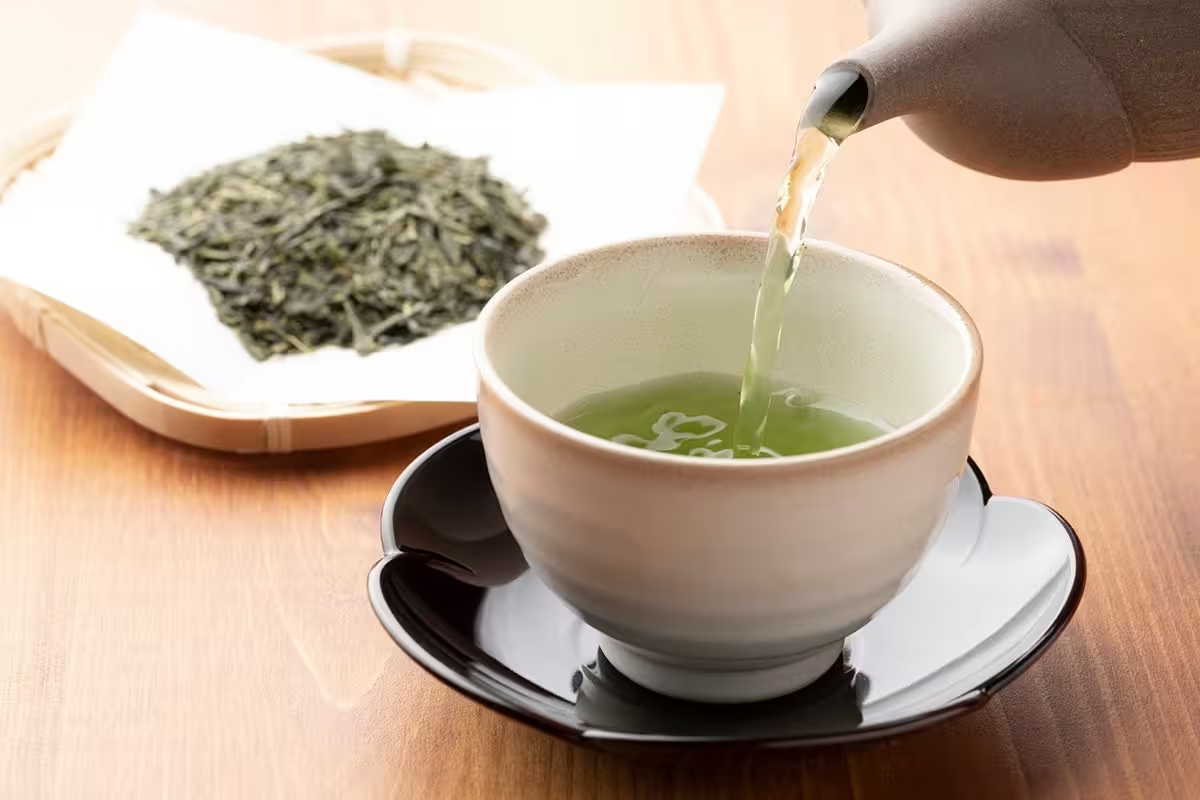5 Minutes
Summary and key finding
Recent research indicates that a modified Mediterranean eating pattern enriched with high-polyphenol foods — termed the green-Mediterranean diet — is associated with biological markers consistent with slower brain aging. The diet adds green tea and the aquatic plant Mankai (a cultivated duckweed) to a calorie-restricted Mediterranean plan and reduces red and processed meat. Scientists from Ben-Gurion University, the Harvard T.H. Chan School of Public Health, and the University of Leipzig reported these results in Clinical Nutrition after analyzing data from the DIRECT PLUS clinical trial.
Scientific background: brain age gap and biomarkers
Researchers use the term "brain age gap" to describe a discrepancy between chronological age and the brain's biological age estimated from structural or molecular measures. A larger brain age gap correlates with higher risk for cognitive decline, mild cognitive impairment, and Alzheimer’s disease. Recent advances in proteomics allow measurement of circulating proteins linked to neurodegeneration and aging processes; these proteins provide a minimally invasive window into brain health long before clinical symptoms emerge.
Study design and main results
The DIRECT PLUS trial enrolled nearly 300 participants who were assigned to one of three dietary protocols for 18 months: (1) a standard healthy control diet, (2) a calorie-restricted Mediterranean diet emphasizing vegetables, whole foods, and replacing red meat with poultry or fish, and (3) the green-Mediterranean diet, which incorporated the Mediterranean framework plus daily green tea and Mankai and additional high-polyphenol components such as walnuts.
Blood samples were analyzed for a panel of circulating proteins previously linked to brain aging. Investigators found that higher baseline levels of specific proteins correlated with an accelerated brain age profile. Participants randomized to the green-Mediterranean arm showed a statistically significant reduction in several of these protein markers compared with the other groups. The authors propose that anti-inflammatory and antioxidant polyphenols in green tea and Mankai may drive this protective signal.
What was measured and why it matters
Proteomic measures capture systemic signatures related to inflammation, vascular health, and neuronal maintenance. Changes in these circulating proteins can reflect reduced inflammatory signaling and improved metabolic processes that support brain integrity. Because the measurements are from blood rather than imaging, they can be more easily scaled for population studies and early monitoring.

Mechanisms, implications and future directions
Polyphenols are plant-derived compounds with documented anti-inflammatory, antioxidant, and vascular benefits. Green tea contains catechins such as EGCG, and Mankai is nutrient-dense with bioactive phytochemicals that may modulate gut microbiota and systemic inflammation. Together with traditional Mediterranean components (olive oil, vegetables, nuts, fish), these additions create a dietary pattern plausibly capable of reducing biological drivers of brain aging.
Implications are pragmatic rather than definitive: the study supports the idea that whole-diet interventions can influence molecular markers of brain health, but it does not prove prevention of dementia. Longer studies with clinical cognitive endpoints and diverse populations will be needed to determine whether these proteomic changes translate to reduced incidence of Alzheimer’s disease or preserved cognitive performance over decades.
"Studying the circulating proteins in blood allows us to observe, in a real-life setting, how the brain's aging processes are influenced by lifestyle and dietary changes," said Anat Meir, postdoctoral research fellow at Harvard Chan School, who co-led the study. "This approach gives us a dynamic window into brain health, helping to reveal biological changes long before symptoms may appear. By mapping these protein signatures, we gain powerful new insight into how interventions, such as diet, may help preserve cognitive function as we age."
Expert Insight
Dr. Maya Patel, clinical neurogerontologist at a European memory center, notes: "Proteomic markers are an important bridge between population nutrition studies and clinical practice. While we cannot yet prescribe a single diet to prevent dementia, recommending Mediterranean-based patterns enriched with polyphenol-rich foods like green tea and plant proteins is consistent with cardiovascular and metabolic benefits that indirectly support brain health."
Conclusion
The green-Mediterranean diet—an evolution of the Mediterranean diet that adds green tea, Mankai, and additional high-polyphenol foods—was associated with reductions in circulating protein markers linked to accelerated brain aging in an 18-month randomized trial. These findings strengthen the evidence that dietary patterns can modulate biological pathways related to neurodegeneration. Future research should test whether these molecular changes predict long-term cognitive outcomes and whether similar benefits appear in broader, more diverse populations.
Source: scitechdaily


Leave a Comment